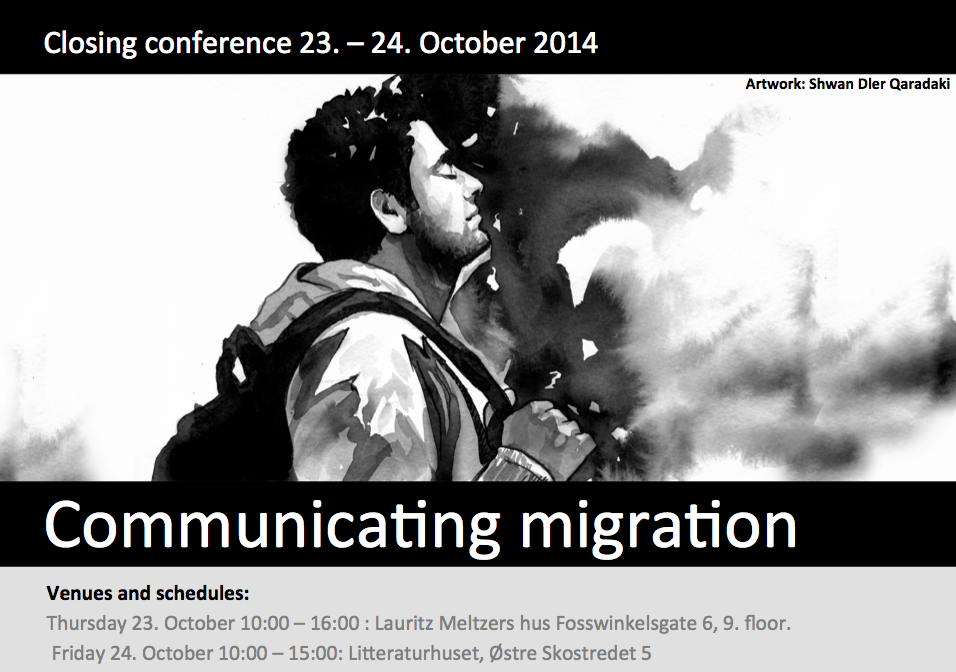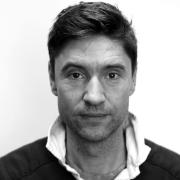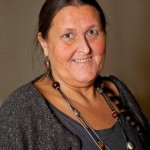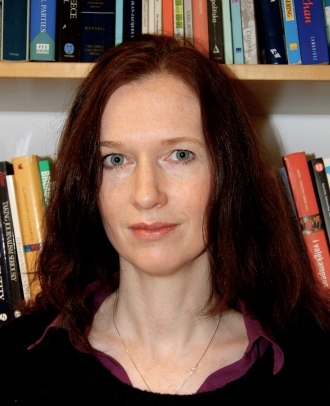The conference is open: No registration
The IMER seminar series for 2014 have covered how migration and ethnic relations are communicated in every-day encounters, in mass and social media, in art, in politics and in research and teaching at the universities. Has the way people talk about migration and migrants in different social contexts changed over time, and in which ways has it changed?
How does migration theory and research relate to other topics and theories in the social sciences, and how do results from migration research inform public debate and policy development? What are the challenges we encounter in communicating migration? Continue reading







